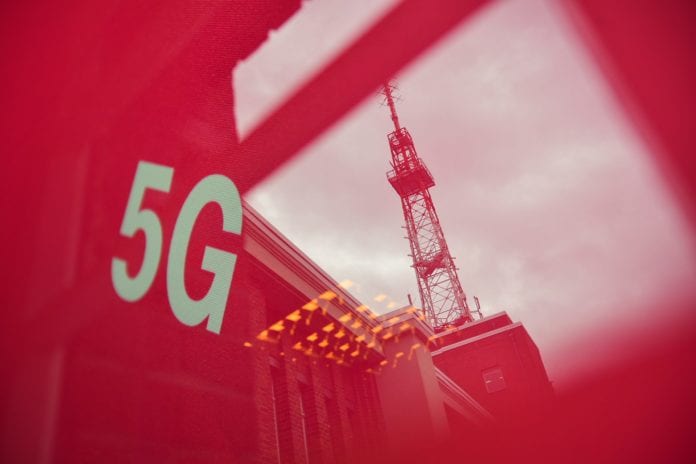The German telco said the new 300 base stations will also pave the way for future 5G technology
Telecommunications group Deutsche Telekom has announced the deployment of 300 new mobile base stations across Germany to boost coverage in both urban and rural areas.
The European telco said a total of 163,000 additional customers can now access Deutsche Telekom’s LTE network. With this deployment, population coverage increased by 0.2 percentage points to the current 94.4%.
“Focusing solely on fixed-network expansion when it comes to the gigabit society is a short-sighted approach,” said Walter Goldenits, CTO at Telekom Deutschland. “With respect to 5G, we cannot afford to ease up with mobile communications expansion. We must continue to drive infrastructure expansion forward.”
Deutsche Telekom also said it will raise the number of mobile base stations in Germany from 27,000 in 2017 to 36,000 in 2021. The company said that this planned expansion will help it fill the gaps in mobile communications in certain areas of the country and increase bandwidths. These new deployments will allow the telco to expand its mobile coverage to 98% by 2019.
Last month, Deutsche Telekom announced the deployment of the first 5G antennas to test the technology in downtown Berlin. The antennas, which are based on 5G New Radio (5G NR), allowed Deutsche Telekom to demonstrate what it claims to be Europe’s first 5G data connection over a live network. The telco said that it is currently in process to deploy a 5G cluster in Berlin.
The first six commercial antennas are now installed in sites in Berlin’s Mitte and Schöneberg districts for test operations. The telco said that an additional 70 cells are to be installed in the coming months, across a total of more than 20 sites.
Deutsche Telekom’s 5G antennas are using frequencies in the 3.7 GHz spectrum band under a testing license provided by German regulators. The operator also explained that its 5G equipment is interacting with Deutsche Telekom’s 4G spectrum in Germany. The implementation is using commercial 5G equipment from Chinese vendor Huawei.
At the beginning of this year, Deutsche Telekom, Intel and Huawei achieved what was claimed to be the world’s first verification of 5G NR interoperability in an operator environment. The test, which took place in Shanghai, China, was based on Huawei’s 5G commercial base station and Intel’s third generation 5G NR Mobile Trial Platform (MTP), the involved companies said.
Using Huawei’s commercial NR base station and the Intel 5G NR Mobile Trial Platform, the three parties jointly verified the fundamentals of the new 5G 3GPP NR standard, including new synchronization, coding, frame structure, and numerology components underlying the interconnection of the NR-compliant terminal and network.
During the 2018 Mobile World Congress, Claudia Nemat, Deutsche Telekom Board member for Technology and Innovation, told reporters that Deutsche Telekom was on track to launch 5G commercial trials in Europe during 2018.
The executive said that the initial 5G trials will take place in Germany. Nemat said at the time that Deutsche Telekom is currently upgrading its mobile antennas in Germany and several other markets across its footprint in preparation for the future launch of 5G technology. She added that Deutsche Telekom has rolled out 40,000 kilometers of fiber optic routes last year. Plans for this year include the deployment of another 65,000 kilometers. The network of Deutsche Telekom currently has almost 700,000 kilometers of fiber in Europe.
Deutsche Telekom’s T-Systems to cut 10,000 jobs worldwide by 2020
In related news, German IT services and consulting company T-Systems, a subsidiary of Deutsche Telekom, announced plans to cut 10,000 jobs worldwide by 2020.
The company said approximately 6,000 jobs will be cut in Germany, with some moving overseas to India and Turkey. T-Systems currently employs 18,000 people in Germany.
With this move, the company aims to save 600 million euros ($693 million), which will be invested in growth areas such as internet of things (IoT), digital solutions, cloud services and IT security.

